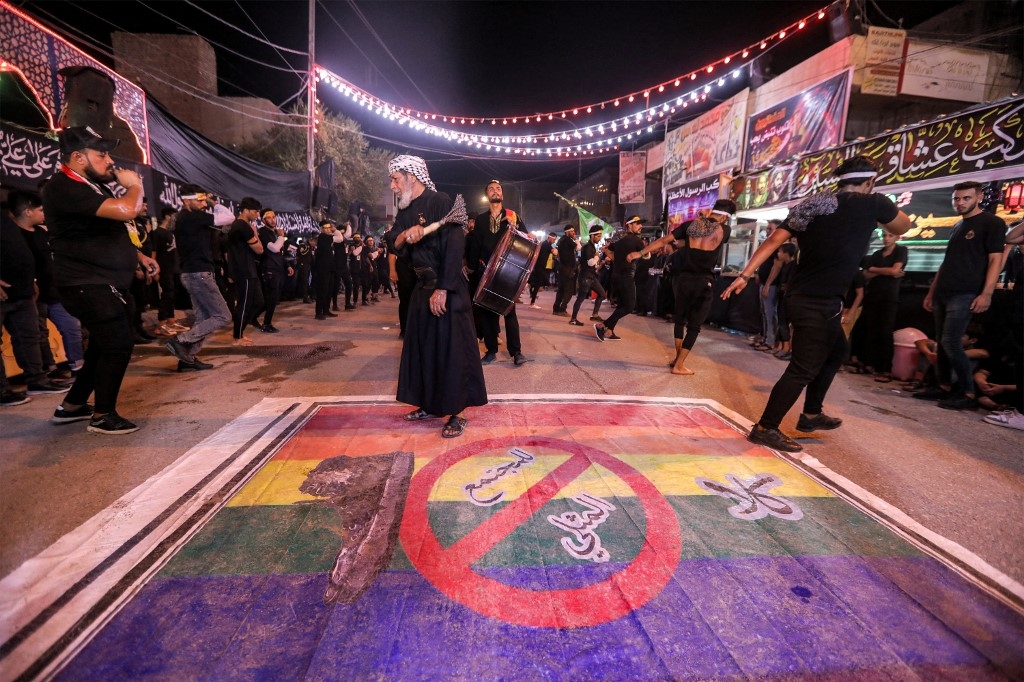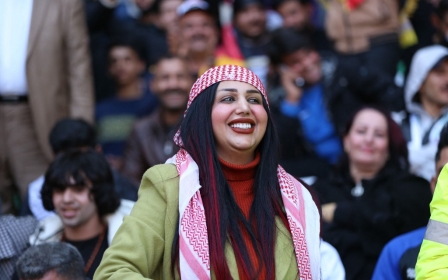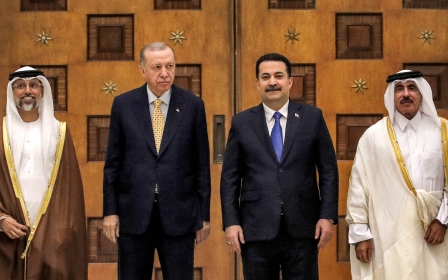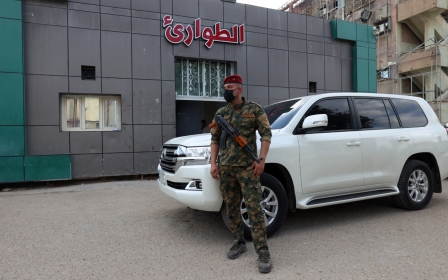Iraqi parliament passes amendment criminalising LGBTQ activity

Iraq's parliament has passed a new amendment that could see LGBTQ people imprisoned for up to 15 years for same-sex activity.
Raed al-Maliki, a member of the Parliamentary Legal Committee, said at a press conference that the amendment to the anti-prostitution law would incorporate provisions to penalise "practices imitating women", transgenderism and "promoting sexual acts", and banning organisations "promoting" prostitution and sexual deviancy, according to Shafaq News.
The new law stipulates a minimum of 10 years in prison for homosexual acts, and at least seven years in prison for "promoting" LGBTQ activity.
Amir Al-Maamouri, an independent MP, told Shafaq News that the new legislation was a "significant step in combating sexual deviancy given the infiltration of unique cases contradicting Islamic and societal values".
Before the new amendment, homosexuality had been legal in Iraq although many LGBTQ people faced threats, abuse and murder in the country, while laws punishing "immodest acts" had been used by the authorities to target them.
Stay informed with MEE's newsletters
Sign up to get the latest alerts, insights and analysis, starting with Turkey Unpacked
A widespread crackdown on LGBTQ people in 2009 saw a death toll likely "in the hundreds," according to Human Rights Watch.
In recent years, a number of politicians in Iraq have called for the criminalisation of homosexuality and stoked a moral panic around the issue.
Diplomats told Reuters that the passage of the change in the law would likely make international relations more difficult for Iraq.
"It would be tough to justify working closely with such a state at home," said one senior diplomat, speaking anonymously, adding that the it would "have catastrophic consequences for our bilateral business and trade relations".
LGBTQ campaigners have also long warned of the consequences of passing such a law, which will add to the hardships already faced by the community in Iraq.
Amir Ashour, head of the IraQueer rights group, told Middle East Eye when the law was first proposed that it would provide cover for armed groups to attack LGBTQ people.
"This will allow the Iraqi government to legally get away with murder and provide legal protection for armed groups and other criminals who continue to target LGBTQ+ citizens," he said.
"This will also have a huge impact on the movement, as queer people and those advocating for us will be facing legal consequences, in addition to the extra-judicial violence that we've been facing for decades."
He said the push against LGBTQ rights by Iraqi politicians was aimed at distracting from the material problems facing Iraq, such as unemployment, corruption and a continuing lack of government.
"They have been using the public's lack of accurate knowledge about LGBTQ+ identities by pretending that they are fighting against 'real problems' that Iraq is facing."
Middle East Eye delivers independent and unrivalled coverage and analysis of the Middle East, North Africa and beyond. To learn more about republishing this content and the associated fees, please fill out this form. More about MEE can be found here.




